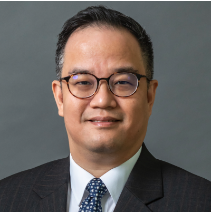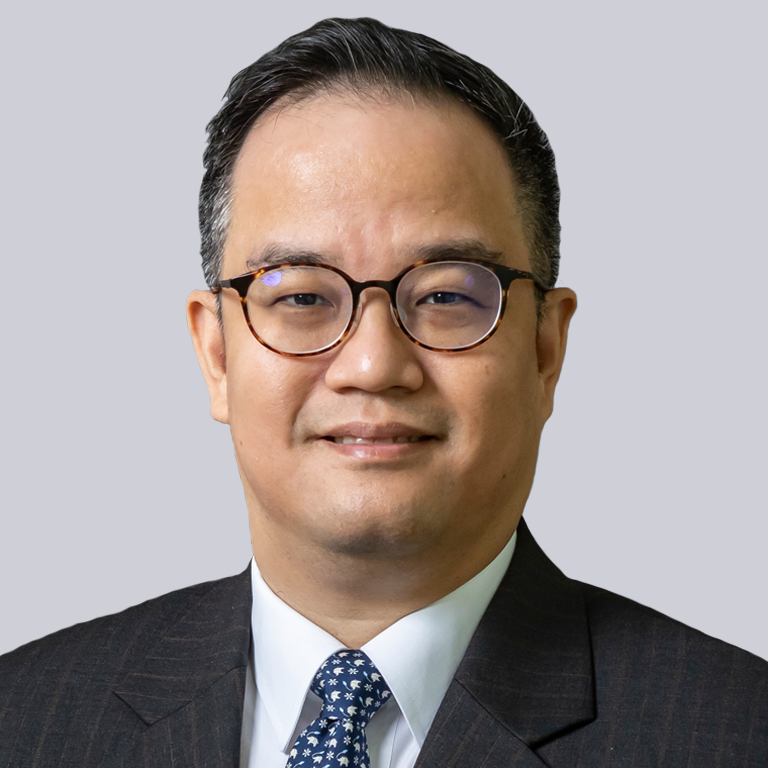In this Q&A, we spoke with Eugene Lim of WTS Taxise in Singapore to find out more about the regulation of international trade in Singapore.
Conventus Law: How has the regulation of international trade in Singapore changed in recent years?
Eugene Lim: Singapore continues to maintain a pragmatic and liberal international trade regime that supports free trade and commits to current international rules in trade. Through this, Singapore hopes to maintain neutrality and achieve stability in an increasingly uncertain and polarised world through the deepening of regional collaboration.
The focus of international trade regulations in Singapore has increasingly turned towards environmental and sustainability issues, with such concerns being at the forefront of Singapore’s recent trade agreements including the EU-Singapore Free Trade Agreement. Singapore has also made several commitments towards a greener and sustainable future following COP 26, with many of her recent agreements involving the green economy, clean energy and carbon credits.
Singapore’s international trade policy has also evolved to encompass digital trade, with the signing of Digital Economy Agreements or Digital Economy Partnership Agreements (“DEAs” or “DEPAs”).
These agreements establish new approaches and means of collaboration on digital trade issues and encourages the seamless transition between different regimes in many areas, including customs and trade facilitation, business registration, etc.
CL: Which international, regional, or bilateral agreements is your country a party to?
EL: Singapore is a party to a multitude of major international agreements across many different specialisations, including those that deal with trade, environment and sustainability issues.
With regard to trade, Singapore has entered into 15 bilateral FTAs and 12 regional FTAs, and is currently in negotiations with additional FTA partners including with the Southern Common Market (Mercosur).
CL: How have the recent FTAs benefited companies investing in Singapore and those investing abroad?
Singapore’s FTAs include agreements with countries and regions across the world; the country’s FTA partners collectively represent over 85% of global GDP. Companies established in Singapore or investing into Singapore benefit from simplified customs procedures and reduced tariffs, as well as preferential treatment across various service sectors. Foreign companies setting up in Singapore are also able to benefit from Singapore’s widespread FTA coverage, especially those in the APAC and ASEAN regions, allowing such companies to utilise Singapore as a springboard into the region.

“Trade is the lifeblood of the Singapore economy. In that regard, Singapore’s trade remedy regime is noteworthy for its very sparing usage. For example, while the Countervailing and Anti-Dumping Duties Act has existed since 1996, it has only been used very sparingly and has not been used since 2006. ”
Eugene Lim Asia Pacific Chief Operations Officer, WTS Global Co-Founder, Principal, WTS Taxise
CL: What is the typical time it takes to conclude a trade deal in Singapore?
EL: Trade deals usually take 2-3 years to conclude, although more complex deals such as regional FTAs may take longer.
CL: Is there any restriction on market access for specific service sectors?
EL: Singapore has a very liberal trade regime; however, there remain certain market access restrictions across specific service sectors, such as pay TV, media and news services and websites, legal services and financial services.
CL: Does Singapore’s trade remedy regime have any other noteworthy features?
EL: Trade is the lifeblood of the Singapore economy. In that regard, Singapore’s trade remedy regime is noteworthy for its very sparing usage. For example, while the Countervailing and Anti-Dumping Duties Act has existed since 1996, it has only been used very sparingly and has not been used since 2006.
CL: Can a decision of the authority be appealed domestically?
EL: With regard to trade remedies, Singapore’s Countervailing and Anti-Dumping Duties Act 1996 (“CVADD Act”) does provide for the right of review by (i) the Minister of Trade and Industry under sections 12 and 26 of the CVADD Act; or (ii) a Tribunal under sections 13 and 27 of the CVADD Act.
“Singapore has implemented a comprehensive sanctions and export controls regime. Sanctions are regulated and enforced primarily by the Monetary Authority of Singapore (“MAS”), with export controls being regulated by Singapore Customs. The sanctions regime in Singapore largely follows those imposed by the United Nations, however, Singapore has in the past year imposed unilateral sanctions against Russia following the events occurring in Ukraine.”.
Eugene Lim Asia Pacific Chief Operations Officer, WTS Global Co-Founder, Principal, WTS Taxise
CL: How are sanctions and export controls regulated? Who is responsible for enforcing sanctions and export controls?
EL: Singapore has implemented a comprehensive sanctions and export controls regime. Sanctions are regulated and enforced primarily by the Monetary Authority of Singapore (“MAS”), with export controls being regulated by Singapore Customs. The sanctions regime in Singapore largely follows those imposed by the United Nations, however, Singapore has in the past year imposed unilateral sanctions against Russia following the events occurring in Ukraine.
For export controls, Singapore Customs largely follows the four main multilateral export control regimes, being the Wassenaar Arrangement, the Nuclear Suppliers Group, the Australia Group and the Missile Technology Control Regime. These achieves the control aim by regulating controlled activities, such as the export, transhipment, brokering and intangible transfer of technology, and regulating controlled items.
Singapore’s regulatory controls on strategic goods are based on the Strategic Goods (Control) Act (“SGCA”) and its subsidiary legislation. These regulate the export, transhipment, transit, intangible transfer of technology and brokering of strategic goods and strategic goods technology. It also prescribes a “catch-all” provision where all goods or technology intended or likely to be used for weapons of mass destruction purposes will be subject to controls.




